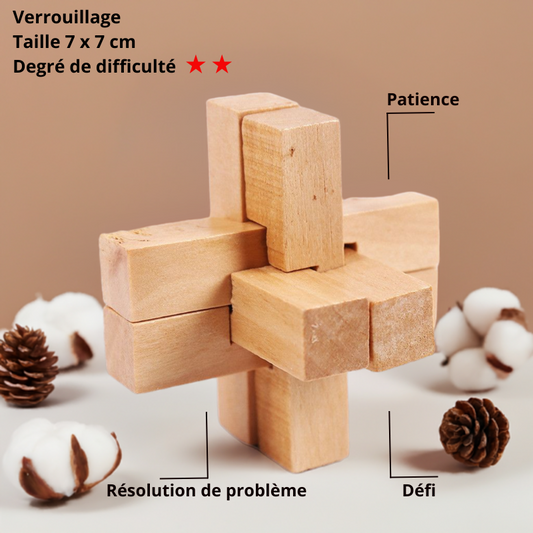Board games are often viewed as simply a source of entertainment for children. However, they can also be a valuable tool for developing their emotional skills. In fact, many board games require cooperation, empathy, and emotion management, which can help children develop these important skills.
How Board Games Can Help Develop Children's Emotional Skills
Board games can help children develop their emotional skills in several ways. For example, they can help them:
- Recognizing and expressing emotions: Board games can help children identify their own and others' emotions. They can also help them express their emotions appropriately.
- Understanding the causes and consequences of emotions: Board games can help children understand why they feel certain emotions and how their emotions can affect others.
- Regulate their emotions: Board games can help children learn how to manage their emotions in constructive ways. For example, they can learn how to take a break when they are frustrated or use strategies to calm their emotions.
- Develop empathy: Board games can help children put themselves in other people's shoes and understand their emotions. They can also help them develop social skills such as cooperation and conflict resolution.
What are the best board games to develop children's emotional skills?
There are many board games that can help children develop their emotional skills. Here are some examples:
- Classic Puzzles : This classic game can help children develop patience, frustration.
- Animal Evolution Puzzle : This word game can help children develop their vocabulary and problem-solving skills.
- Battle : This fast-paced card game can help children develop their attention and quick decision-making skills.
- Buildable Car : This coordination game can help children develop their dexterity and ability to work as a team.
- Educational wooden toy : This game can help children develop their creativity and ability to communicate with others.
How to Play Board Games to Develop Children's Emotional Skills
To get the most out of board games, it's important to play with your children in a positive and encouraging way. You can also use games to discuss emotions and social situations that come up in the game.
Conclusion
Board games are a great way to develop children's emotional skills. They can help them recognize and express their emotions, understand the causes and consequences of emotions, regulate their emotions, and develop empathy. If you're looking for a fun and interactive way to help your child develop their emotional skills, board games are a great option.





